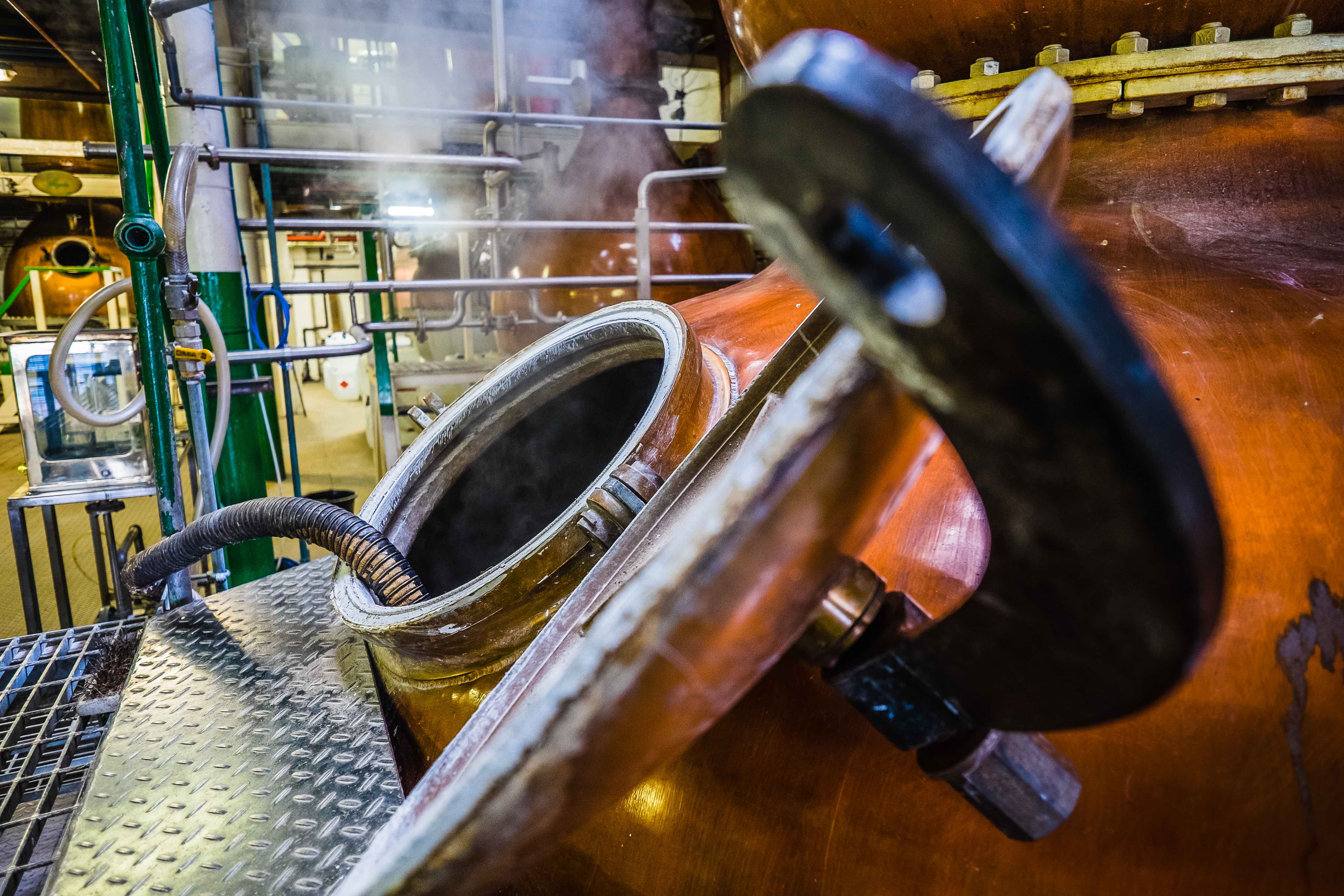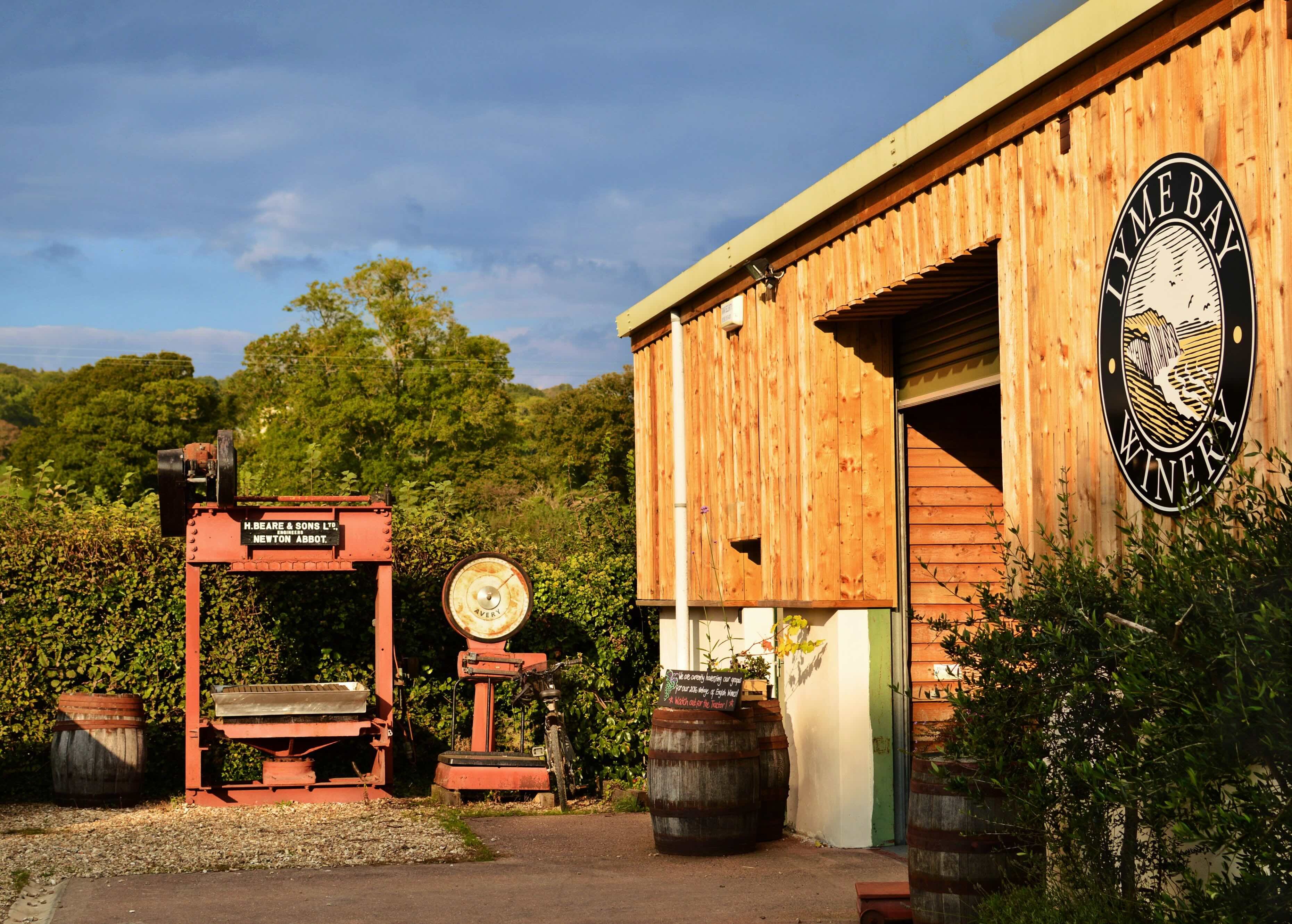Natalie Wallis was born in to a life in gin. The great-great-great granddaughter of the founder of Langley Distillery, Natalie Wallis (a self confessed gin-elf) has just been awarded the Liveryman of the Worshipful Company of Distillers, giving her the freedom of the City of London. Helen Arnold caught up with her to find out more about the business – and those elves.
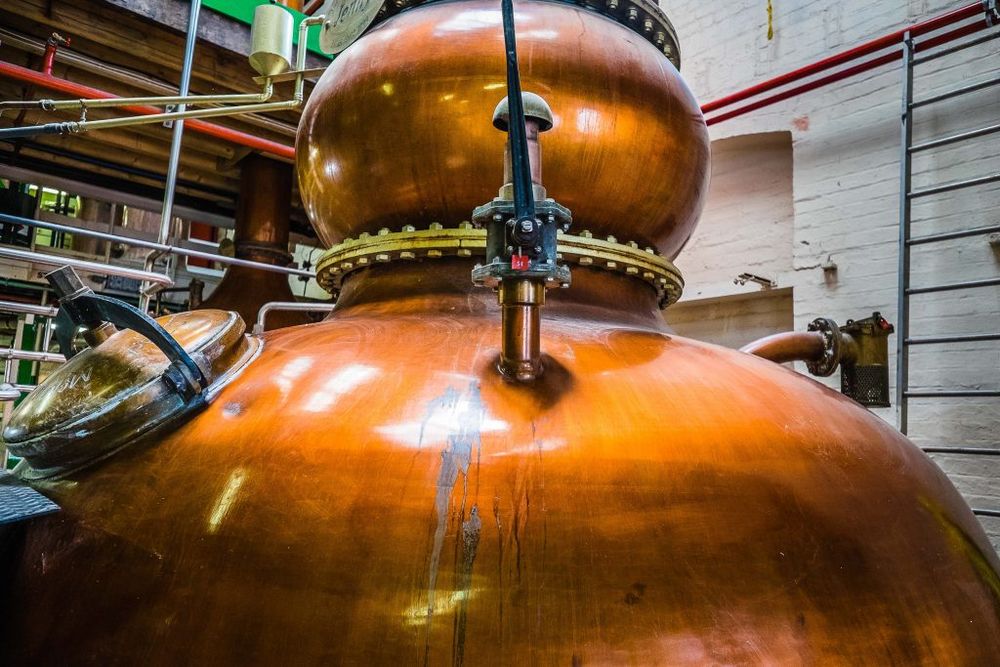
Have you always worked for the family business?
I started in the business when I was 19. My father is the only other family member now working in the business – it works well and we have a great level of understanding of one another. The company currently employs over 55 people and has a £30 million turnover with continual growth.
What is your current role in the company and what does that entail?
As commercial manager I oversee the group’s commercial activities, including the distillery businesses. I am also a director of the parent company, WH Palmer, part of Alcohols Limited where my role covers a wide variety of topics which change daily. The long-term aim is to take over from my father as and when he retires.
What do you think has contributed to gin’s resurgence in recent years?
The resurgence of gin was initially started by its booming popularity in Spain, which has slowly moved into different areas of the globe. Gin used to be seen as a drink for your elder family members, it wasn’t attractive. The resurgence has bought a wave of new serves which has allowed the younger target generation to be able to create their gin and tonic; there are no barriers to how you have to drink it. As a contract distiller we have seen significant growth within the market not just in the UK but globally.
How many different gins do you produce and under what labels?
We produce over 300 recipes for over 100 global brands. We can’t name our customers due to contracts, but we describe ourselves as the gin elves!
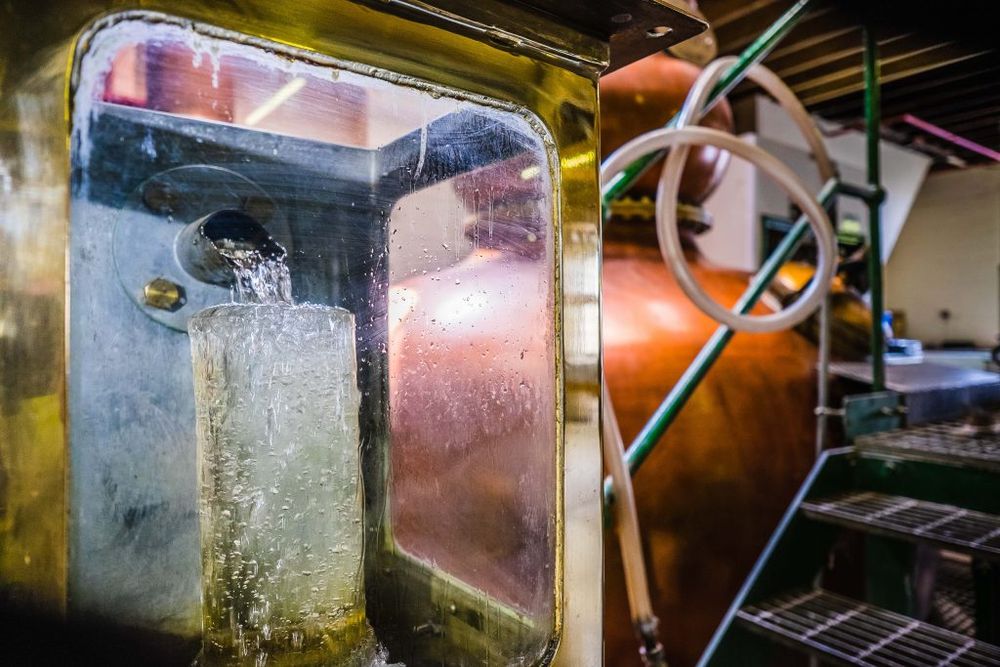
What makes Langley Distillery stand out from the crowd?
At Langley Distillery we pride ourselves on our history and heritage.The distillery is over 200 years old and many of our stills date back to the 1800s.Many of our customers have worked with us from the very start of their business – which they have thought could not come true – but we have helped make it a reality. We work with them through every stage, developing a product that will have longevity within the market but is truly unique to the brand owners, and we stay true to traditional gin making methods.
How is Langley Distillery faring given the increasing number of gin producers in the country?
Annually, we produce more than 60 million bottles of gin.The boom has meant we have new gin producers distilling for their own brands which only adds to the popularity of the whole gin category.
How is the export side of the business doing?
A large part of the gin business is export to the global market – countries are seeing the popularity gin in Spain and the UK and are realising there is a whole world of new, exciting gins out there. People are drawn to English gin in the same way as they are drawn to Scotland for Whisky – the heritage and excellence the UK has in production makes English gin a must.
What are your key future plans?
We have a new 15,000 litre gin still being built in Scotland which will enable us to further increase our capacity to service the gin world.
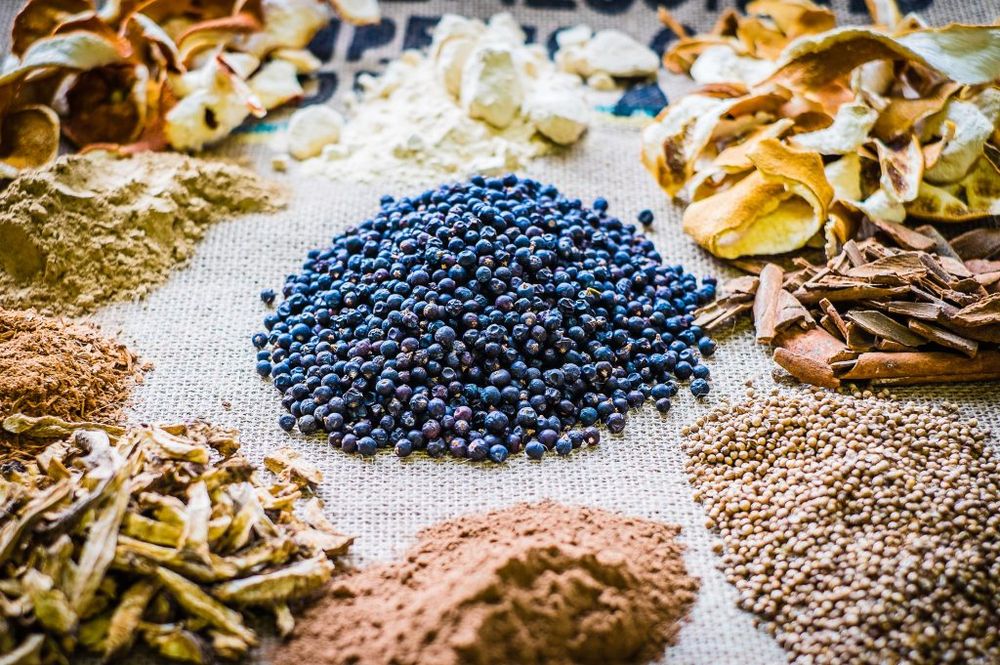
What impact has the booming cocktail scene had on the gin market?
Mixologists and bartenders now have so many gins to choose from, the once fairly mundane cocktails now can be transformed by which gin is used – the growth of both markets are feeding one another.
What would you say are must-stock style of gins for a bartender?
The market calls for all types of gin; the category will always need the strong classics that existing gin lovers and newcomers can rely on, but some cocktails need the obscure botanicals to create an edge and excitement to the art of cocktails. It has been interesting to see the on-trade and bar tenders becoming more interested and clued-up in the gin category. We host distillery days for many of our clients in the on trade so that they can see the production process for themselves.
What does the future hold for the gin sector, given that alcohol consumption in the UK is declining?
Consumers are more aware of what they are drinking, they are more educated about what they want from their drinks across the alcohol market. But I think the gin sector will continue to grow. The category is innovative, personal and exciting and that is what drinkers are looking for.
We are drinking less but drinking better – is that also the case with the gin market?
The demand for premium and super premium gin has grown significantly – again due to consumers knowing more about the product that they are drinking. A big difference has been the number of food and drink festivals now around the corner where consumers can meet and see distillers and try our products, which, in turn, helps them gain more knowledge about the wider gin category.
How brand aware and brand loyal are gin drinkers?
The consumer is far more educated in what they want from their gin – we see that consumers are willing to try new gins but have a large level of loyalty when purchasing a bottle for home consumption, whereas on a night out they may try one of newest gins on the market with its unique botanicals.
And what does it mean to you to be awarded the Liveryman of the Worshipful Company of Distillers?
It is a great honour to become a Liveryman, as this has been a family tradition since my great-great -great grandfather started our company in 1805. The process lasted a few months starting with an interview and being granted the Freedom of the City of London at a ceremony in the Guildhall recently.
